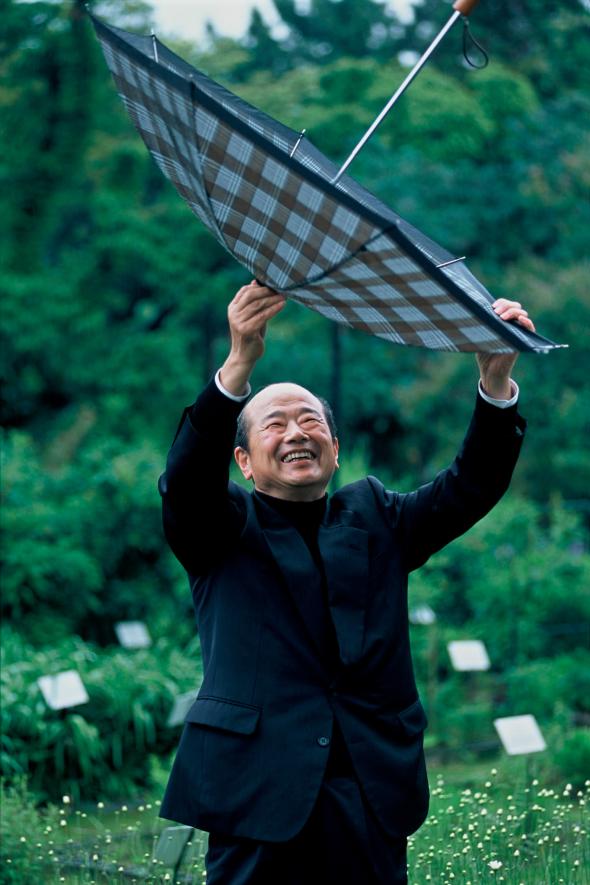Reining in the Rain

Where many see rain as a nuisance, Japan’s Makoto Murase sees a freshwater resource for millions. The World Health Organization estimates nearly 800 million people lack access to safe, clean drinking water. In Bangladesh alone, nearly 40 million people in rural villages are forced to either buy water or spend hours fetching it from polluted ponds. But Murase, a world authority on rainwater recycling, is aiming to change that. Educated as a pharmacologist, Murase is a former career civil servant who worked in a municipal environmental protection department in Sumida City, a district in east Tokyo where sewers frequently flooded during the rainy season. In the early 1980s, he pioneered the recycling of urban rainwater when he designed a water recovery system that collected, filtered, and stored rainwater in large underground holding tanks, easing flooded sewers and providing a resource used for irrigation, toilets, washing, and drinking. An early system installed in Tokyo’s Sumo Stadium proved so successful that the city eventually required underground rainwater tanks for all new buildings, including the Skytree, Japan's tallest. Over a thousand Tokyo buildings now harvest and recycle rainwater, and Murase is affectionately known as "Dr. Skywater." "I decided to call rainwater ‘sky water’ after learning the wisdom of our ancestors, who believed it was a gift from heaven and called it sky water with great respect,'' he says. Since retiring from his city job, Murase started the Institute for Sky Water Harvesting and Skywater Bangladesh, a social enterprise he hopes will bring low-cost rainwater collection systems to the country’s rural villages. The Rolex Laureate has also published a book, Sky Water: Rain in Japan and Around the World.
Read more: http://news.nationalgeographic.com/2016/11/makoto-murase-explorer-moments-rain-water-conservation-Japan/

